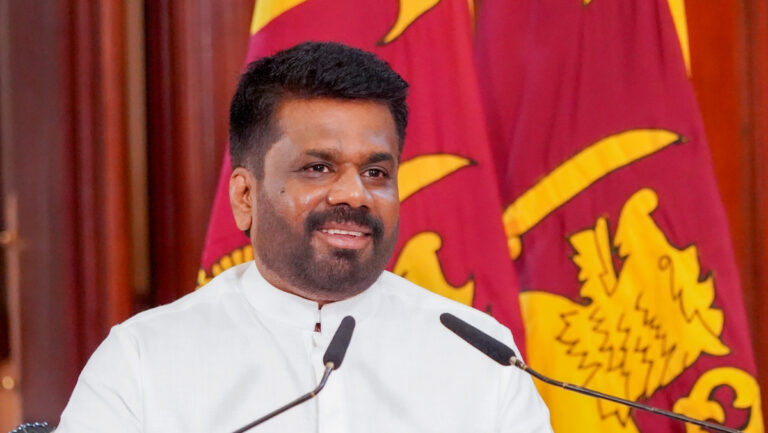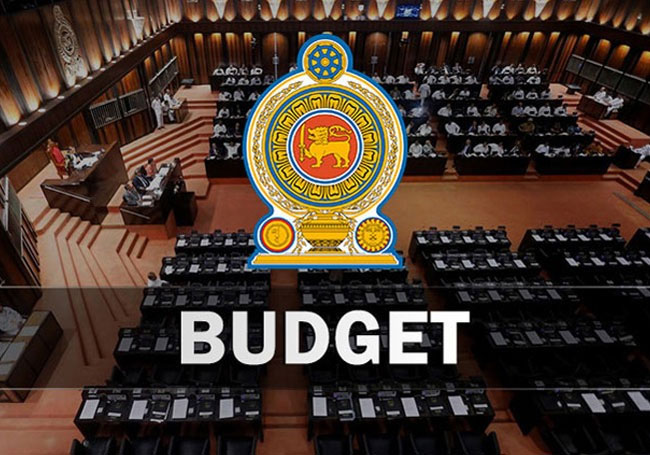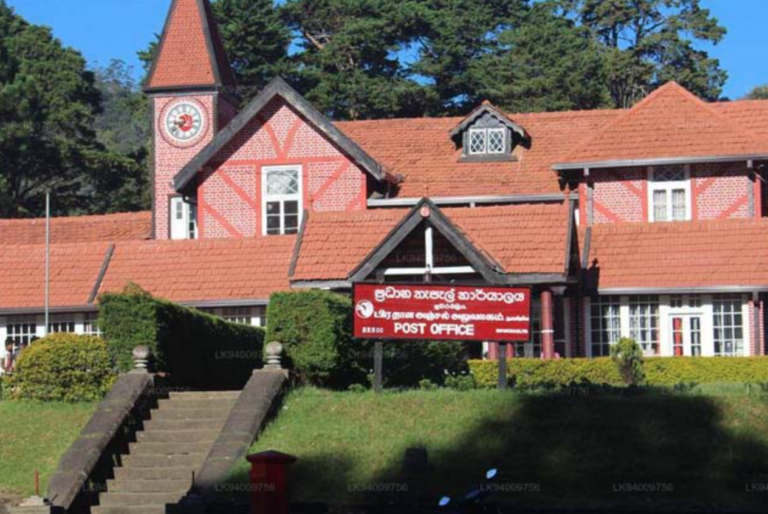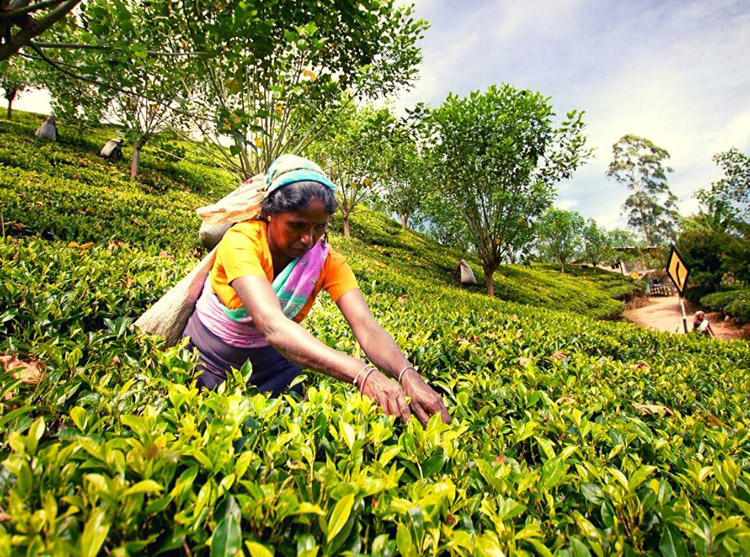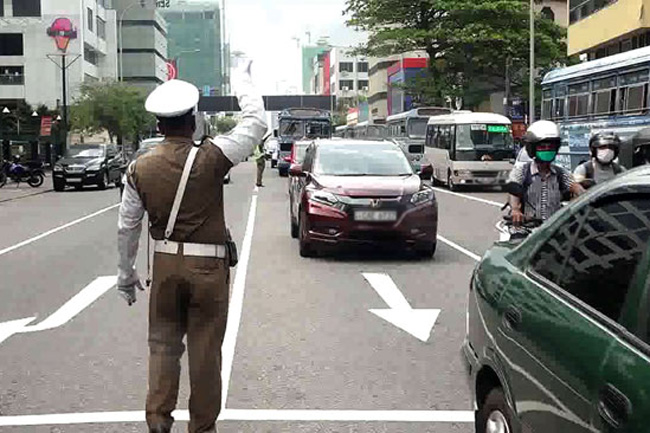Sri Lanka’s tea industry, a vital part of the national economy, must undergo urgent reforms to uphold ethical labor standards and maintain its global reputation for quality.
Despite international certification programs like Rainforest Alliance and Fairtrade, investigations reveal that many estates supplying major brands fail to meet these ethical promises, exposing workers to poor wages, unsafe conditions, and lack of basic necessities., ABC news investigation report revealed.
Addressing these issues is critical to ensuring that Sri Lanka’s tea remains a trusted and premium product in the global market.
Many tea brands assure consumers that their products are ethically sourced, relying on third-party certifications to verify fair wages and safe working conditions.
However, investigations into several certified estates show severe shortcomings.
Workers on Rainforest Alliance-certified plantations in Sri Lanka report not having access to clean drinking water or toilets in the fields, living in dilapidated housing, and children working instead of attending school—clear violations of the scheme’s standards. the report pointed out.
Michael Joachim, an advocate for Sri Lankan tea workers, argues that these ethical certifications function more as marketing tools rather than meaningful safeguards for laborers.
Many workers are unaware that the tea they pluck is sold under these ethical labels, while audits meant to enforce standards appear flawed.
Reports indicate that managers restrict worker access to auditors, preventing them from sharing grievances, further undermining the credibility of these certification programs.
The harsh realities for tea workers in Sri Lanka’s central highlands contrast sharply with the idyllic image of lush plantations.
Women plucking tea leaves endure strenuous conditions, often working barefoot on steep slopes while carrying heavy sacks.
Many must meet high daily quotas to earn even the minimum wage, yet their wages remain insufficient to support their families.
Despite certification requirements mandating safe housing, many workers live in crumbling line houses dating back to colonial times.
On some estates, drinking water shortages persist for months, and flooding during the rainy season worsens living conditions.
Audits, intended to ensure compliance, often fail, with workers stating they have never been interviewed by auditors.
Responsibility for maintaining estate housing is complicated by Sri Lanka’s land lease system, in which plantations operate on government-owned land.
While the government has announced plans to improve housing, progress is slow, leaving many workers in dire conditions.
Tea brands such as Lipton, Tetley, Twinings, Dilmah, and Yorkshire Tea defend their certification processes, citing independent audits and direct supplier engagement.
However, many acknowledge the limitations of third-party certifications, with some implementing their own monitoring systems.
Sri Lanka, once the world’s leading tea producer, now struggles to compete with China, India, and Kenya due to economic instability, rising production costs, and fierce global competition.
The country produces over 250 million kilograms of tea annually, exporting to 140 countries, and remains the second-largest supplier to Australia. Yet, declining profit margins threaten the industry’s sustainability.
To secure its place in the global market, Sri Lanka’s tea industry must prioritize genuine ethical sourcing, transparent labor practices, and improved worker conditions.
Strengthening regulatory oversight and ensuring fair wages will not only protect workers but also enhance the reputation of Ceylon tea as a premium, ethically produced product.

